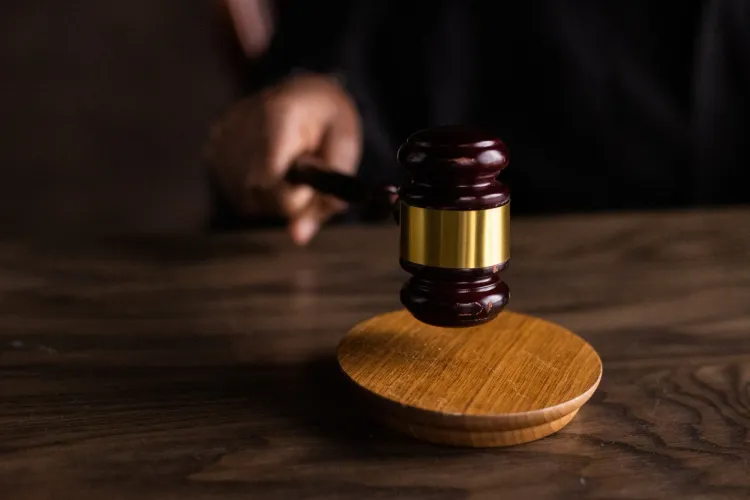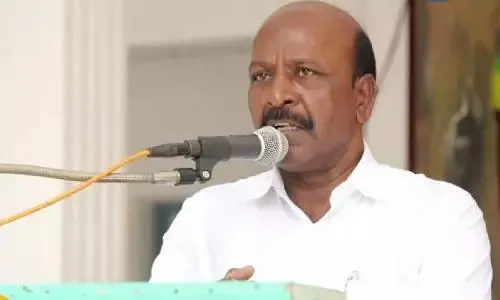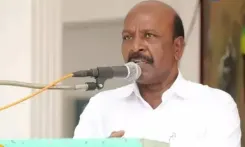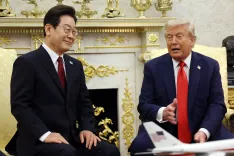When Will the Delhi Court Hear the ED's Request to Seize Arms Dealer Sanjay Bhandari's Assets?

Synopsis
Key Takeaways
- The Delhi court has delayed its hearing on the seizure of Sanjay Bhandari's assets.
- The ED is pursuing confiscation of properties linked to Bhandari due to his designation as a Fugitive Economic Offender.
- Key assets include properties in major cities and international locations.
- The case highlights the challenges in extraditing economic offenders.
- The outcome of the hearing could influence future actions against economic fugitives.
New Delhi, Oct 25 (NationPress) A Special PMLA Court in Delhi has delayed the hearing on the Enforcement Directorate's (ED) request for the provisional seizure of properties associated with UK-based arms dealer Sanjay Bhandari until November 22.
Special Judge Sanjay Jindal acknowledged a response filed by the federal investigative agency to address questions raised by Bhandari's legal team regarding the documents submitted in court.
Bhandari's attorneys asserted that new evidence presented by the agency could potentially be utilized in court proceedings.
The ED previously submitted a request to confiscate Bhandari’s assets both in India and overseas following his classification as a Fugitive Economic Offender (FEO) under the Fugitive Economic Offenders Act, 2018.
During the session, the investigative agency contended that all assets, whether held through corporate mechanisms or personal ownership, connected to Bhandari are subject to confiscation.
The agency informed the court that no third-party objections have been raised about the properties listed, facilitating the legal path for seizure.
The ED's request encompasses a diverse range of assets, reportedly including prime properties in Delhi, Noida, Gurugram, and international holdings in London and Dubai.
Notably, among the properties under investigation is the contentious Bryanston Square residence in London, which the ED claims was acquired and renovated using funds linked to Bhandari and allegedly on behalf of businessman Robert Vadra—a claim Vadra has consistently refuted.
According to the ED's arguments, once an individual is designated as an FEO, two asset categories become eligible for confiscation: those procured through criminal proceeds and any other property, whether domestic or foreign, in which the offender has a direct or indirect interest.
The agency emphasized that this legal framework is intended to thwart economic offenders from dodging prosecution by relocating abroad.
Bhandari, who fled to the UK in 2016 after income tax raids, is alleged to have concealed foreign income amounting to Rs 655 crore and evaded taxes totaling Rs 196 crore.
Despite a UK court dismissing India's extradition plea, Indian authorities continue to advocate for accountability via financial and judicial avenues.
The Rouse Avenue Court has rescheduled the next hearing for November 22.
The outcome of this proceeding will determine if the ED can initiate full-scale confiscation of Bhandari's assets, marking a pivotal moment in India's campaign against high-profile economic fugitives.









